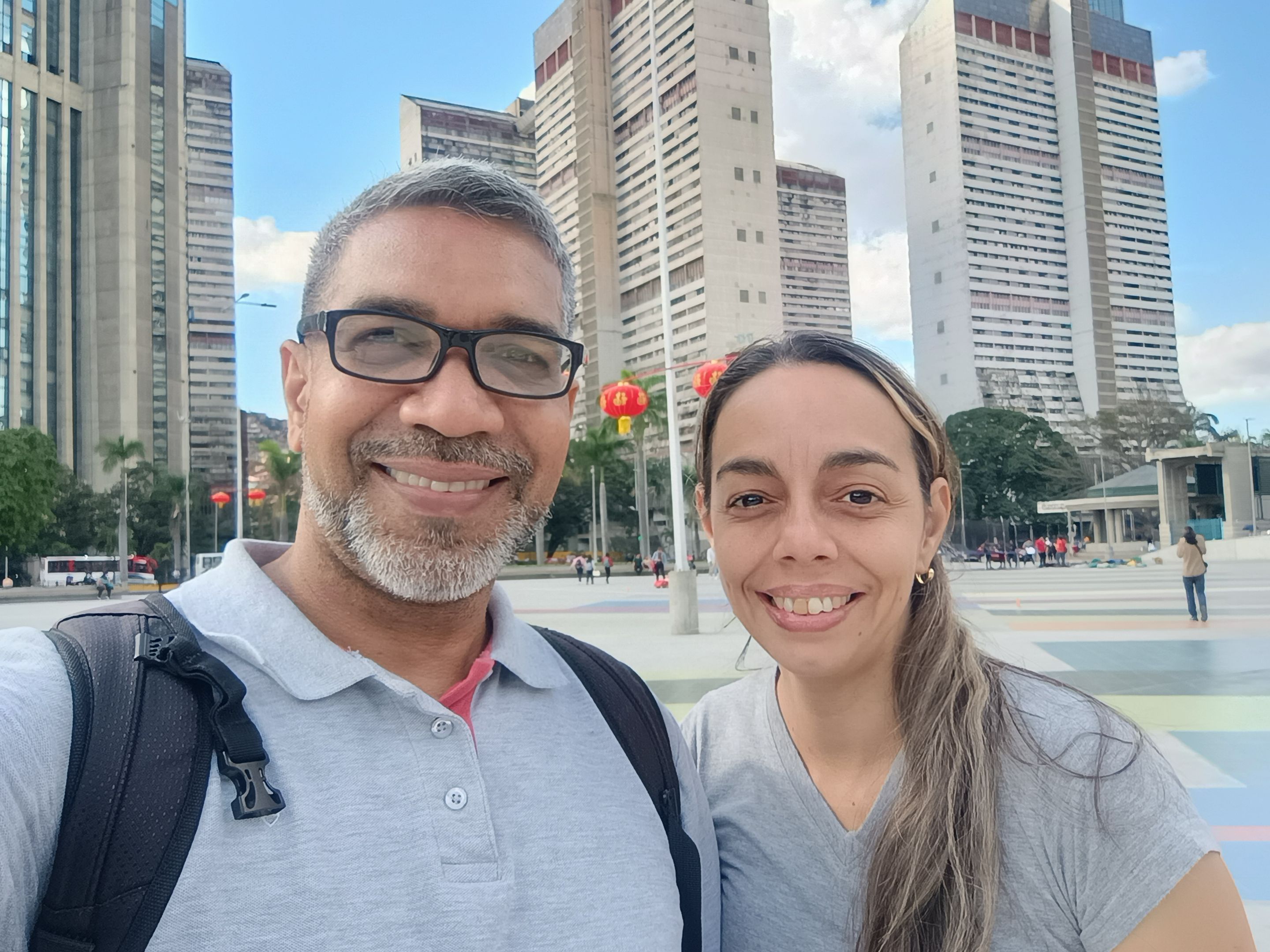They say art immitates life. Sometimes the opposite is also true.
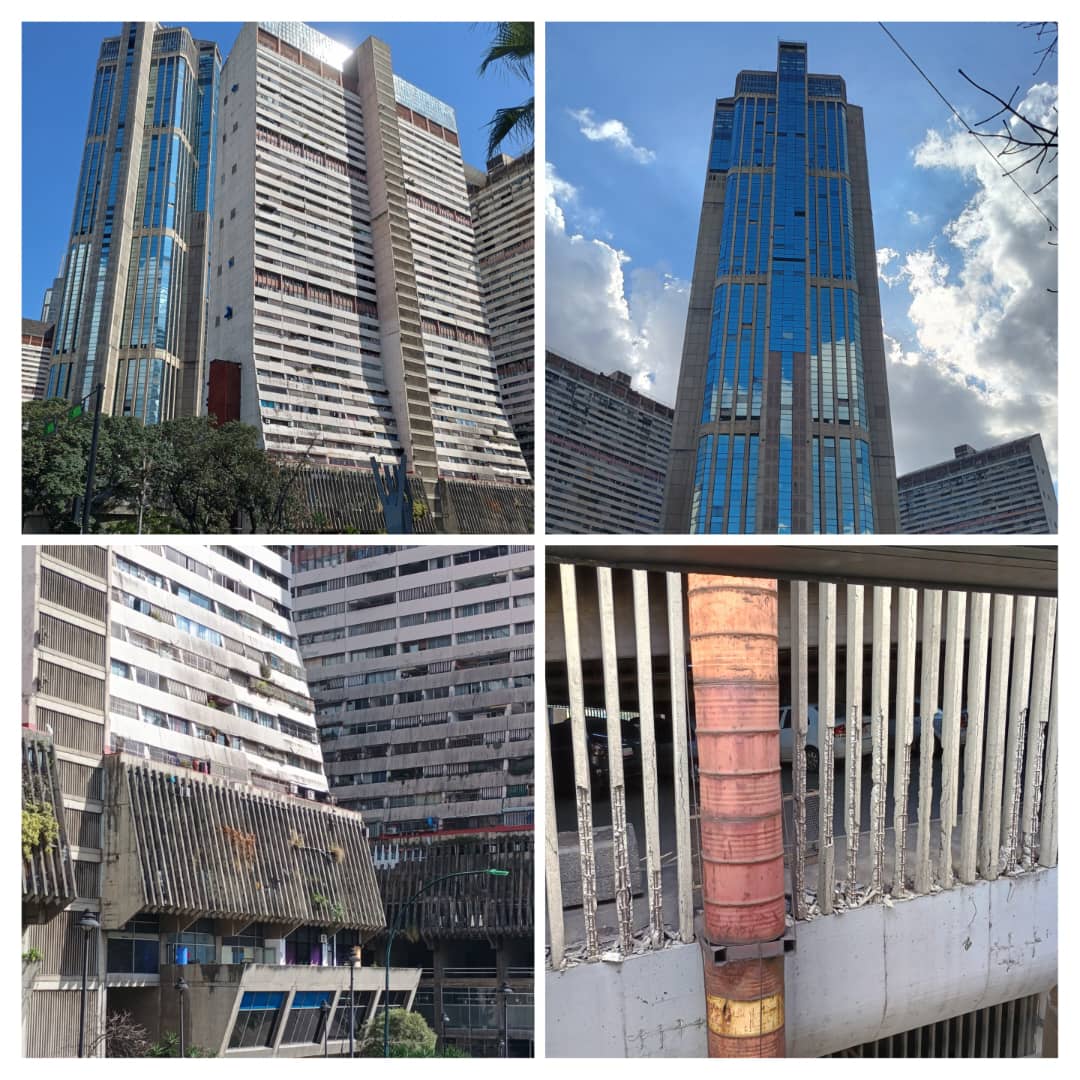
In his novella, The Last Day of a Condemned Man (1829), Victor Hugo (11802-1885) writes:
From a distance the building looks quite stately. It appears on the brow of a hill on the horizon, and from a way off retains some of its former grandeur, the semblance of a royal château. But the closer you get the more dilapidated the palace turns out to be. The rotting gables are painful to behold. I don’t know what, but something disgraceful and degenerate sullies the regal façade; it’s as if the walls have leprosy.
No more windows, no more window panes; just solid criss-crossed iron bars to which here and there the gaunt face of a convict or a lunatic is pressed.
Here you see life in the raw.
(Chapter IV)
I started reading the book after @annaky told me she was assigned that text for a literature evaluation. She wanted to discuss her impressions with someone else.
I could not help stopping at this passage from chapter IV. That's exactly how I felt when I got to Caracas. From a distance this is an imposing city. Its emblematic buildings and monuments speak of the grandeur it once had. As I started walking its streets a cruder reality emerged.
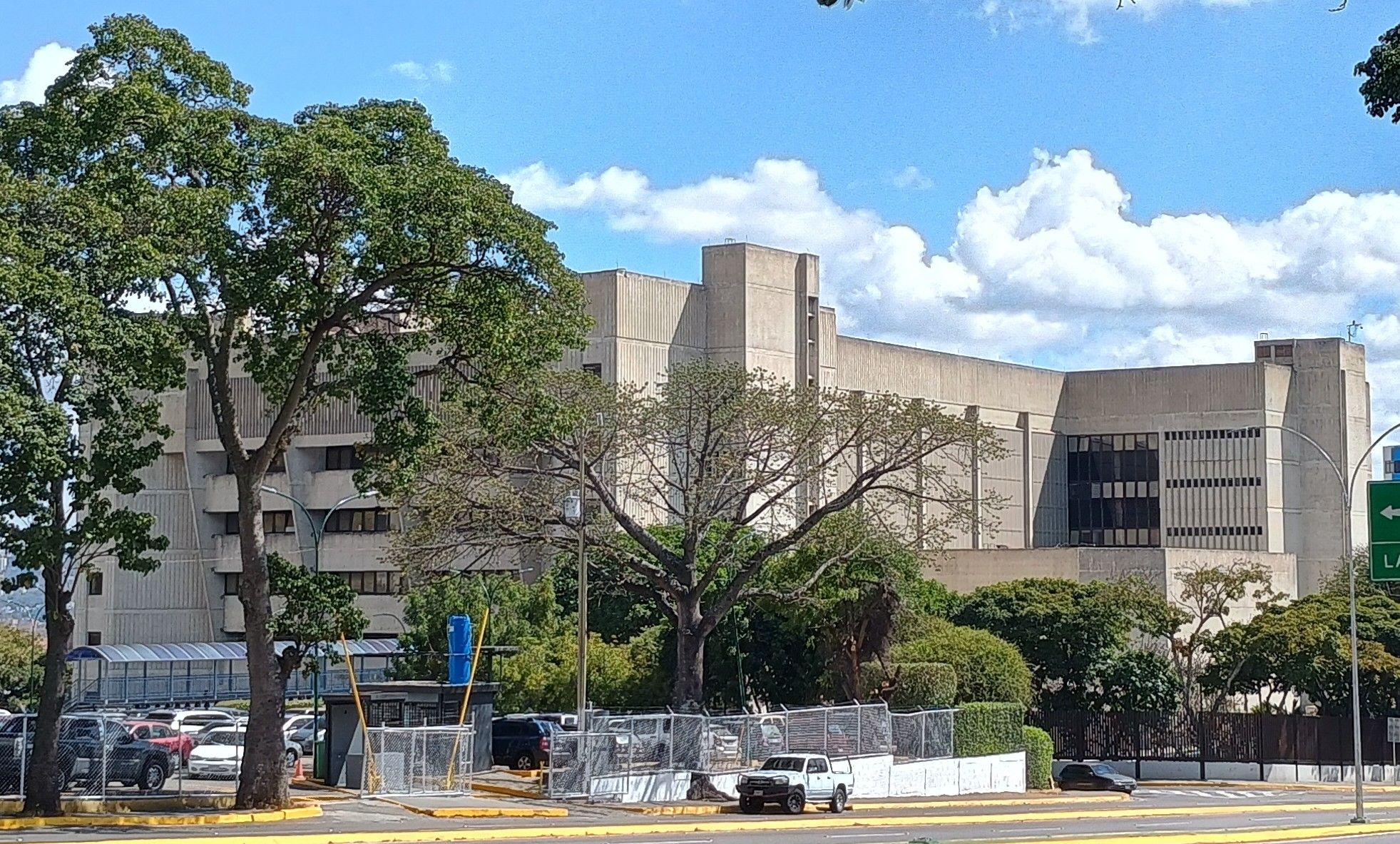
The sheer contrast between the majesty of the institutions shielded behind iron and concrete curtains and the stench of the lowliness surrounding them slap you in the face.
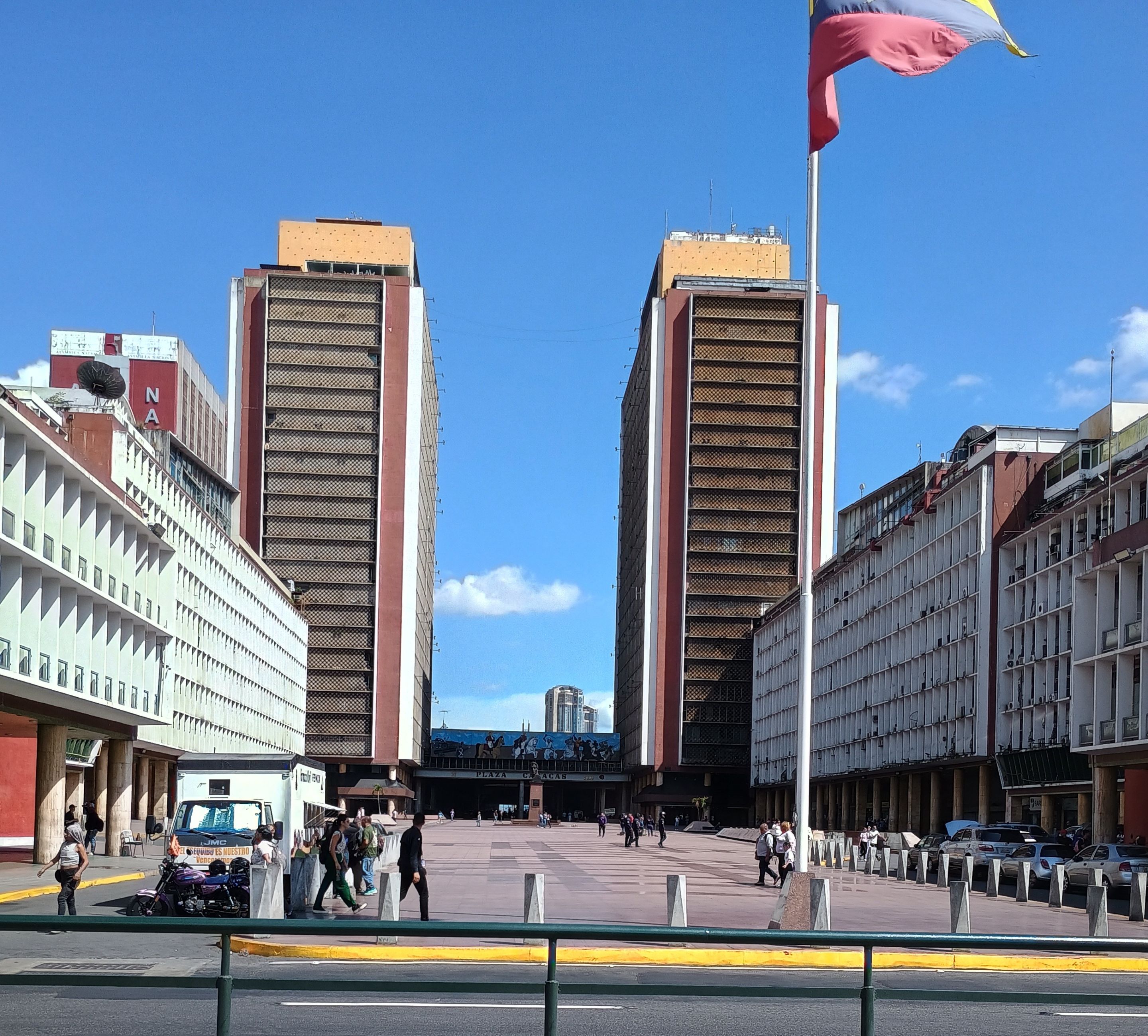
Sometimes the degradation comes from neglet or time's inescapable gripe; other times, it comes from the unspeskable crueltied perpetrated in it's halls.
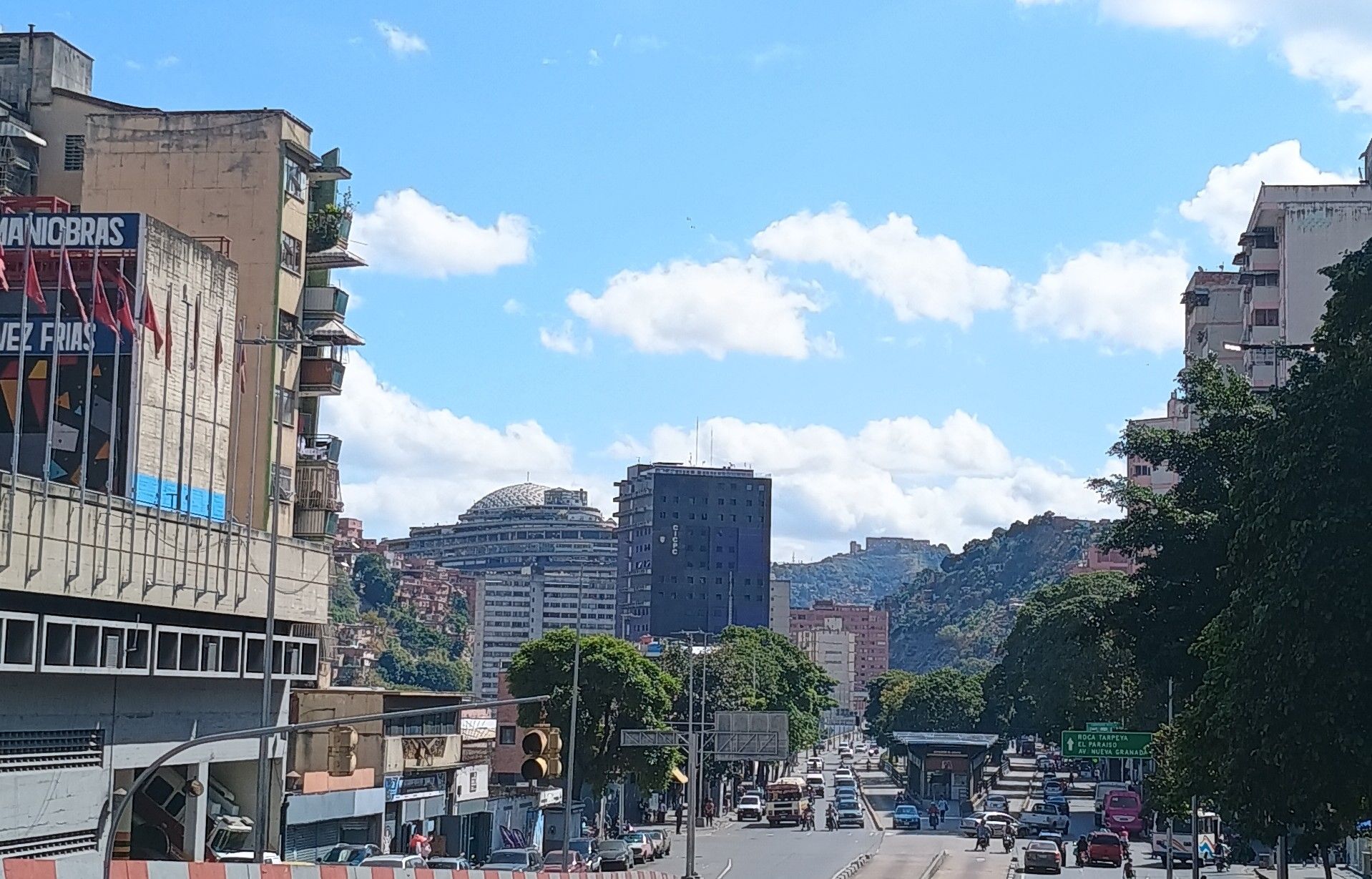
Of the joyful crowds cheering the matadores on a bullfight afternoon or the busy crowds boarding their smoky buses home, only the facade remains. Never mind the stench of urine all around; no one will see that in a droned video promo.
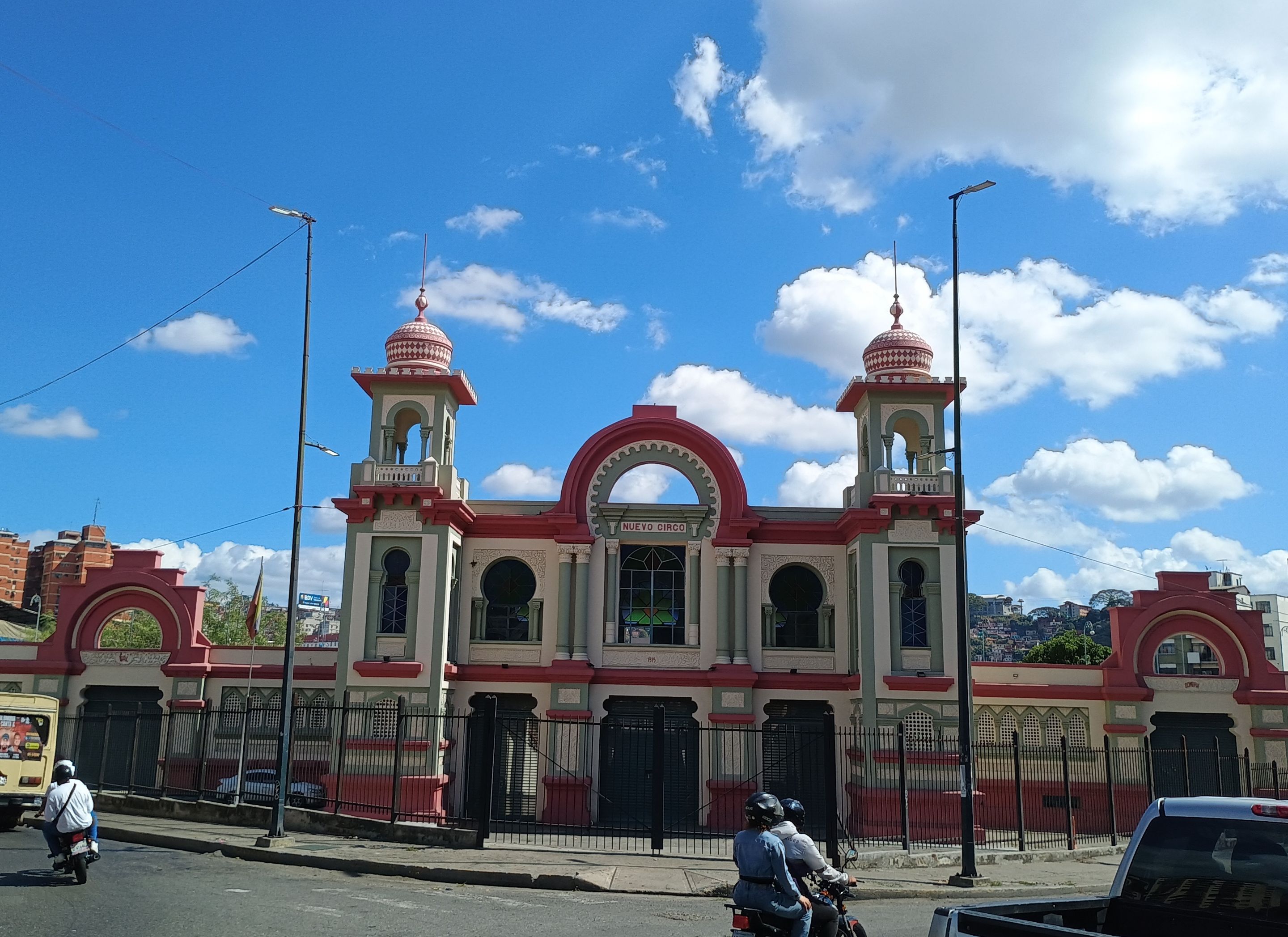
At least we can walk through the relatively new working class apartment complexes without the fear of being assaulted. These unassuming buildings were erected around the elitist skyscrapers to give a sense of social equality.
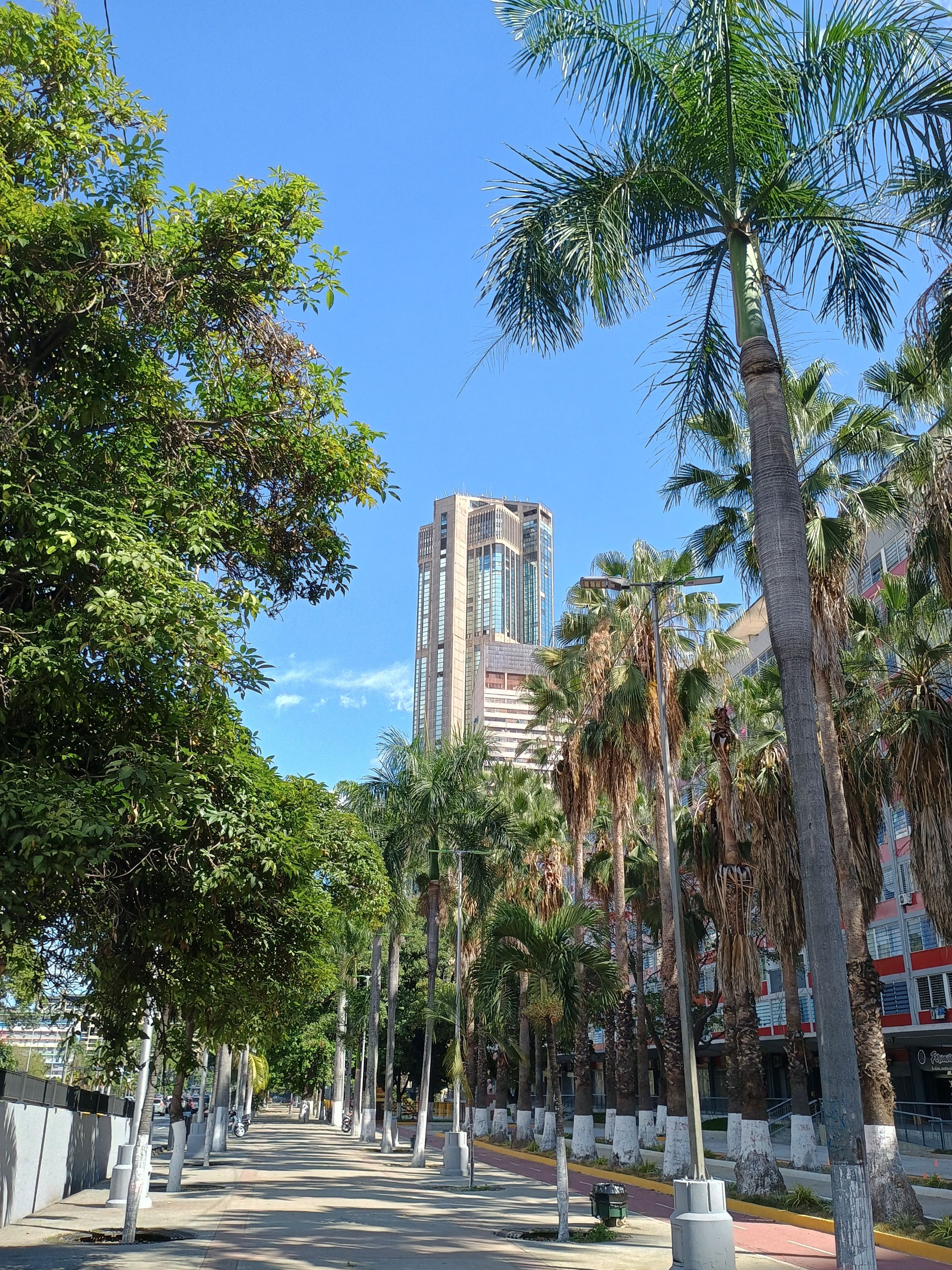
Eventually, the decay that characterizes the modest neighborhoods, whose dwellers can't afford repairs or improvements, metastasized to the upper-middle class palaces.
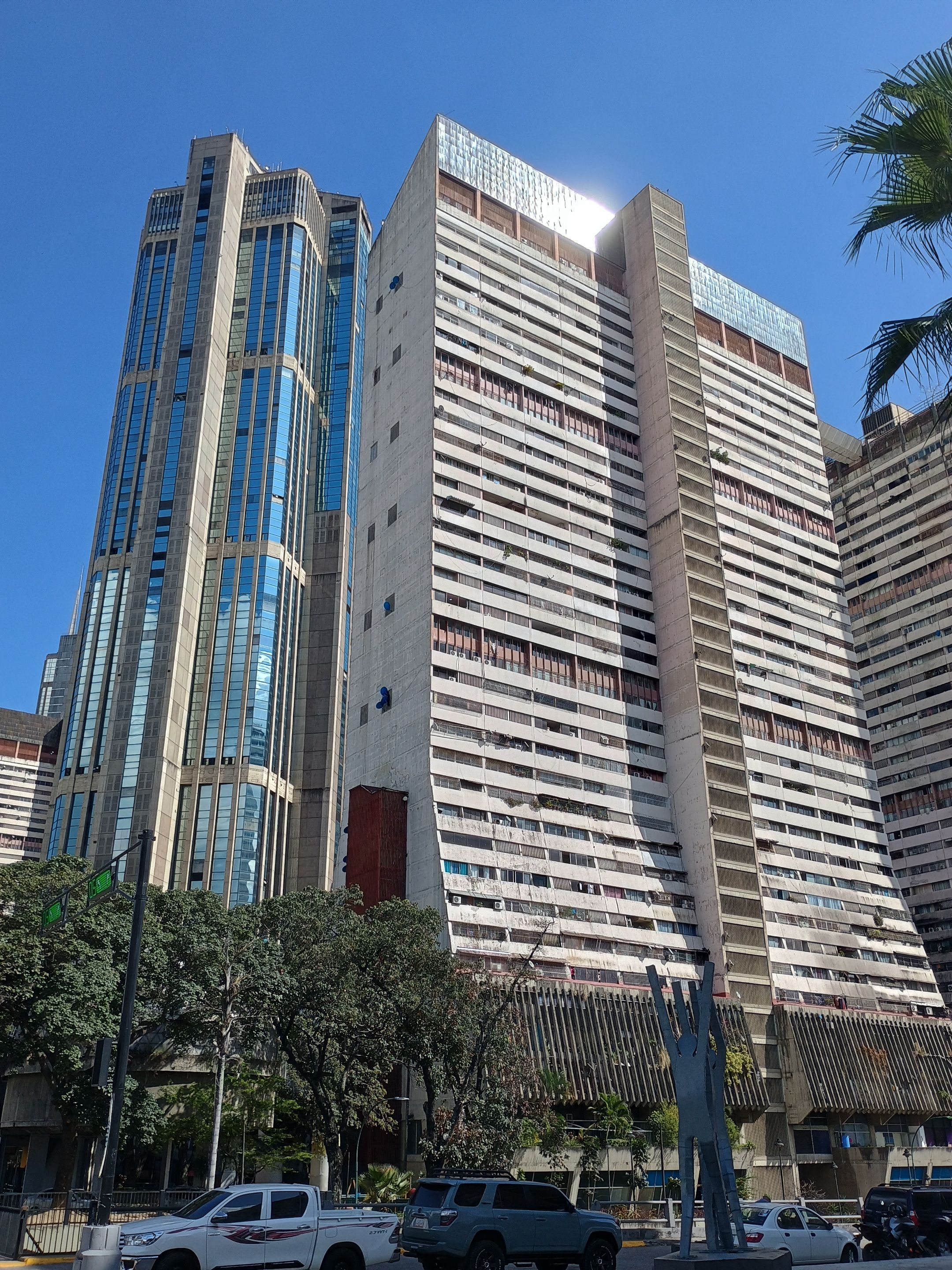
The shadow of poverty and dirtiness reached the former glorious walls and shrank them.
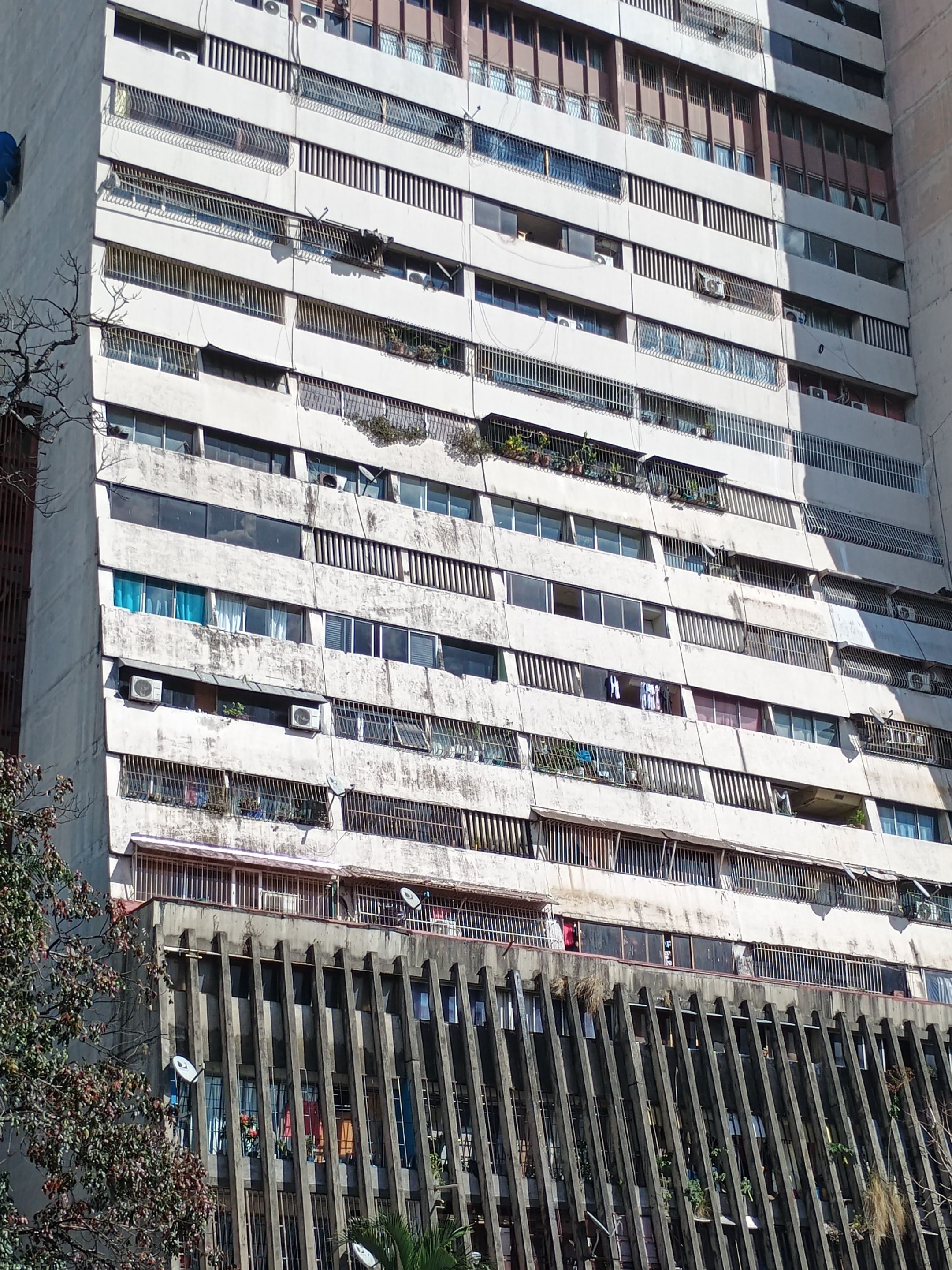
The populist promises of welfare for all made it imposible for these places to retain their beauty.
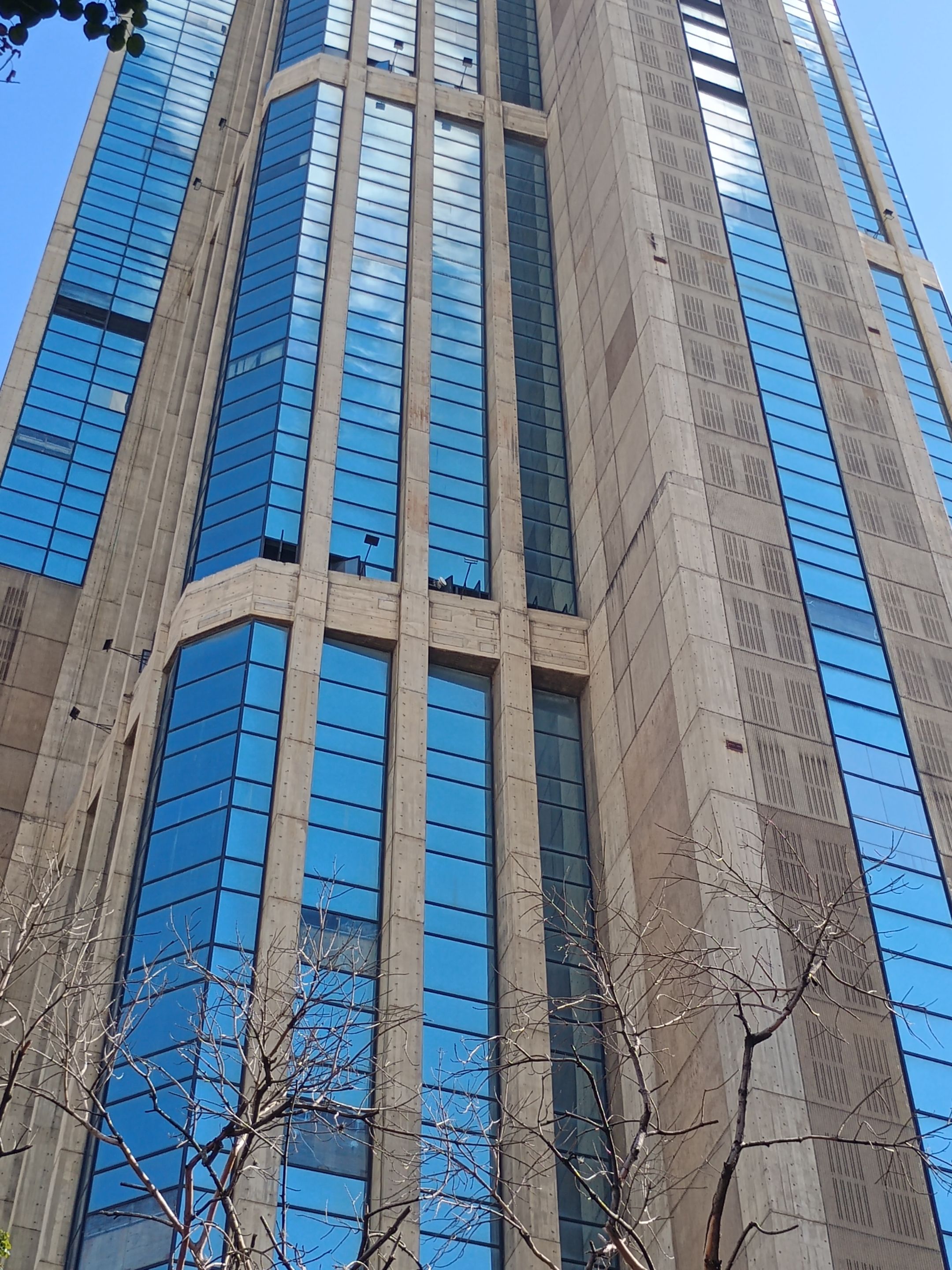
The scars can be hidden behind postcards and IG robes, but like leprosy, they become apparent as you get closer.
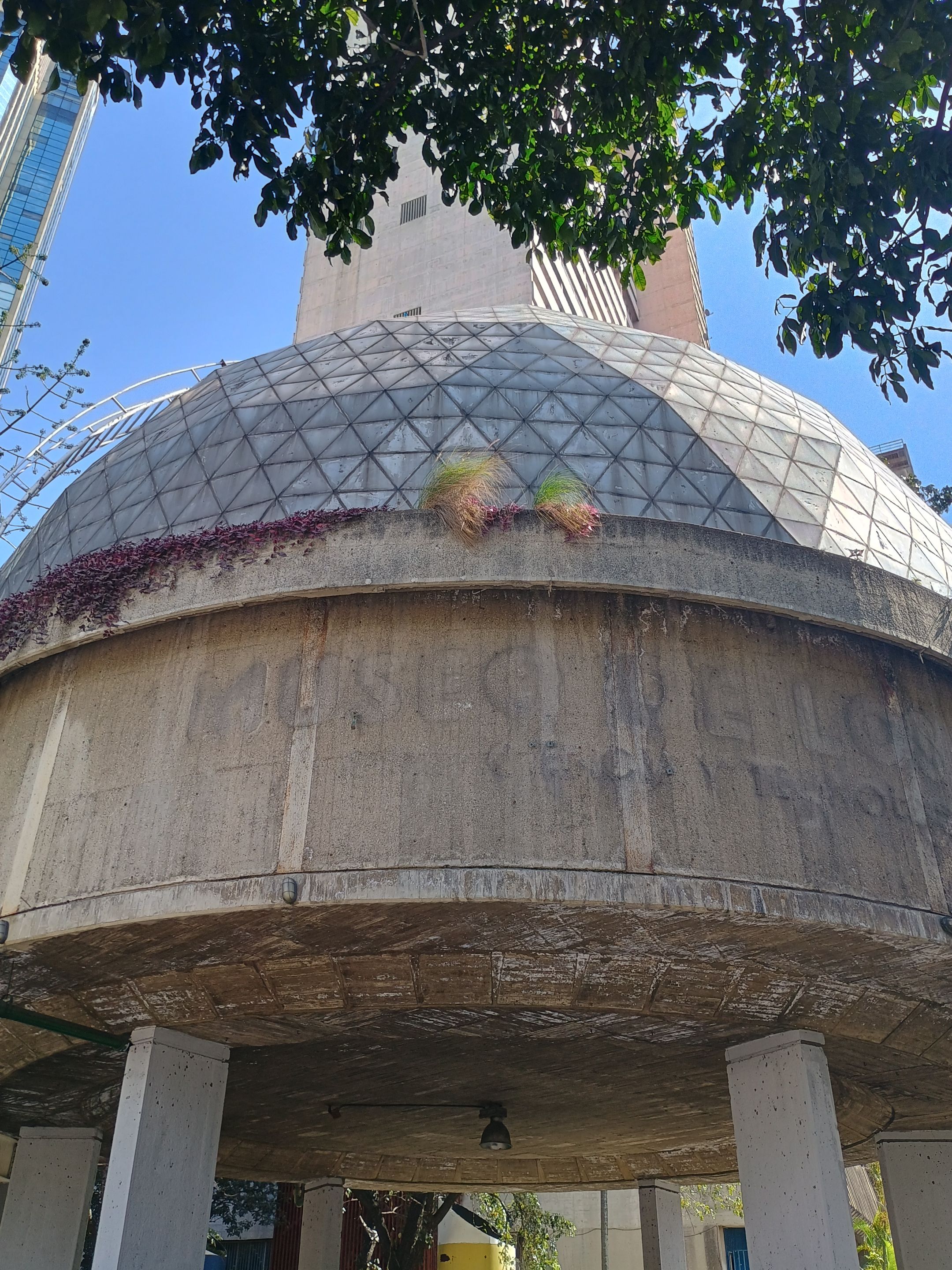
Hot, dimmed, emptiness in a brutalist aesthetics that ironically would define its future population.
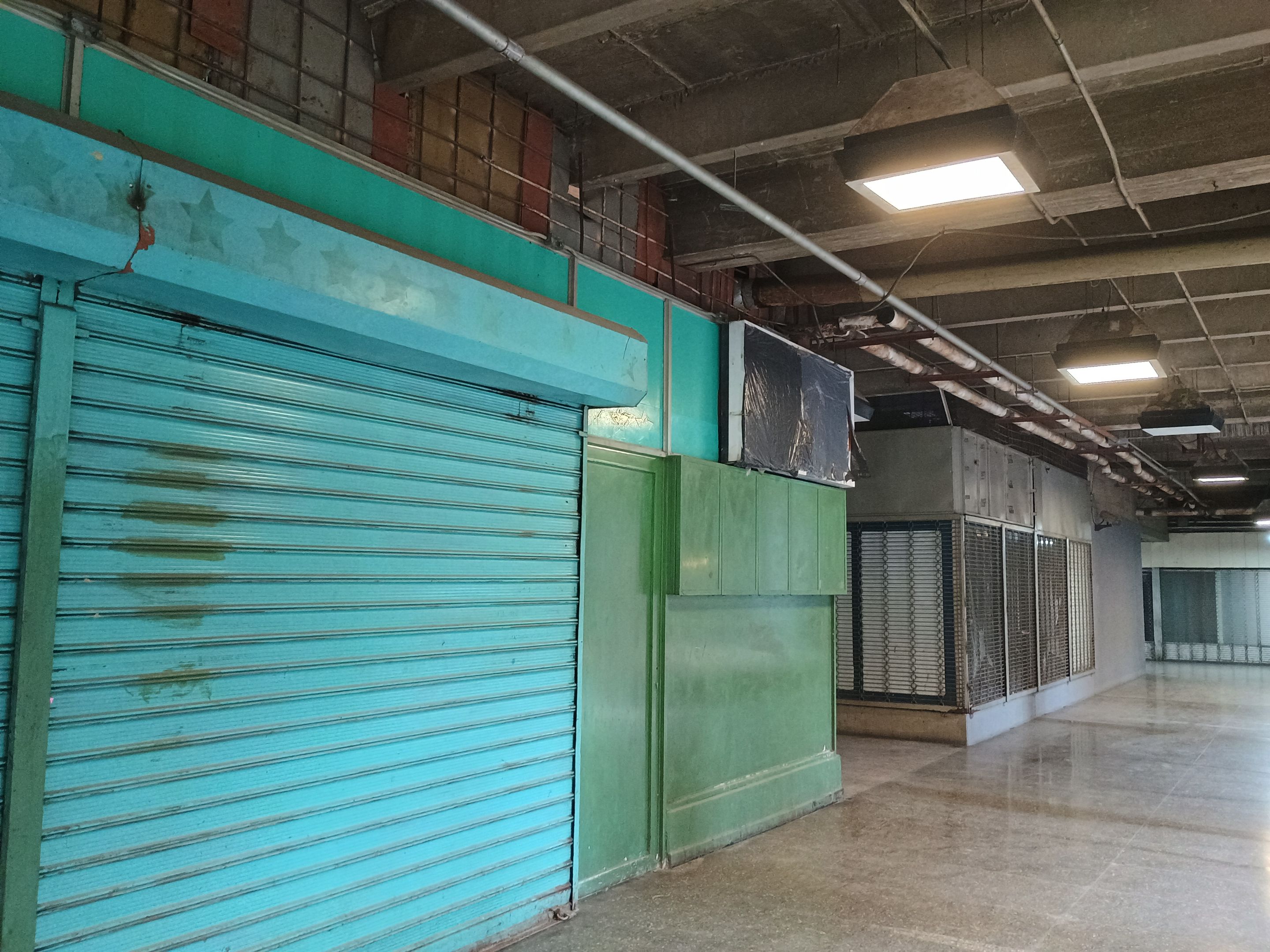
Relics of the past looking scared before the prospects of a monochromatic future.
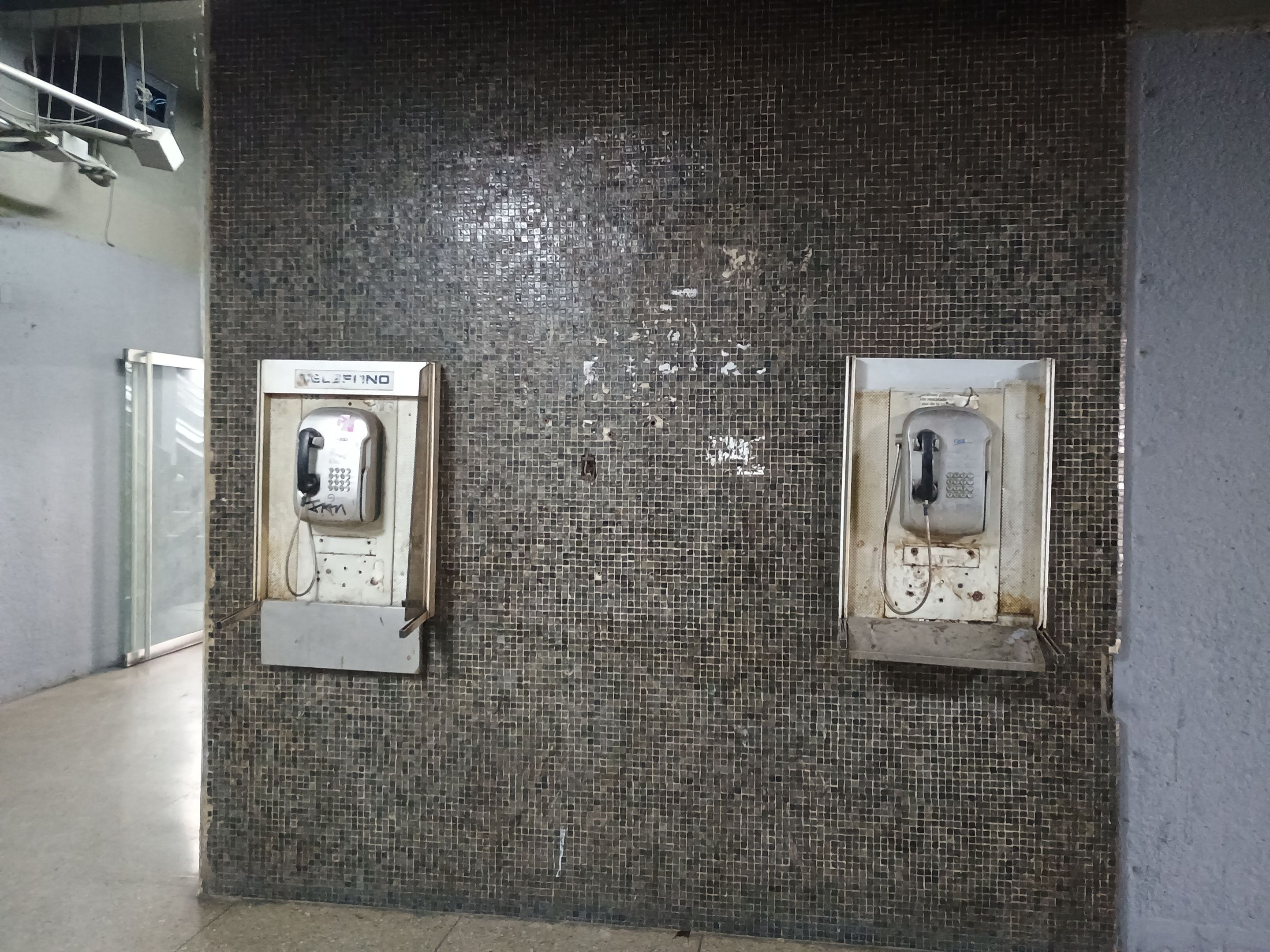
Unseen art that resembles the ruins they would eventually become; a never-ending work in progress.
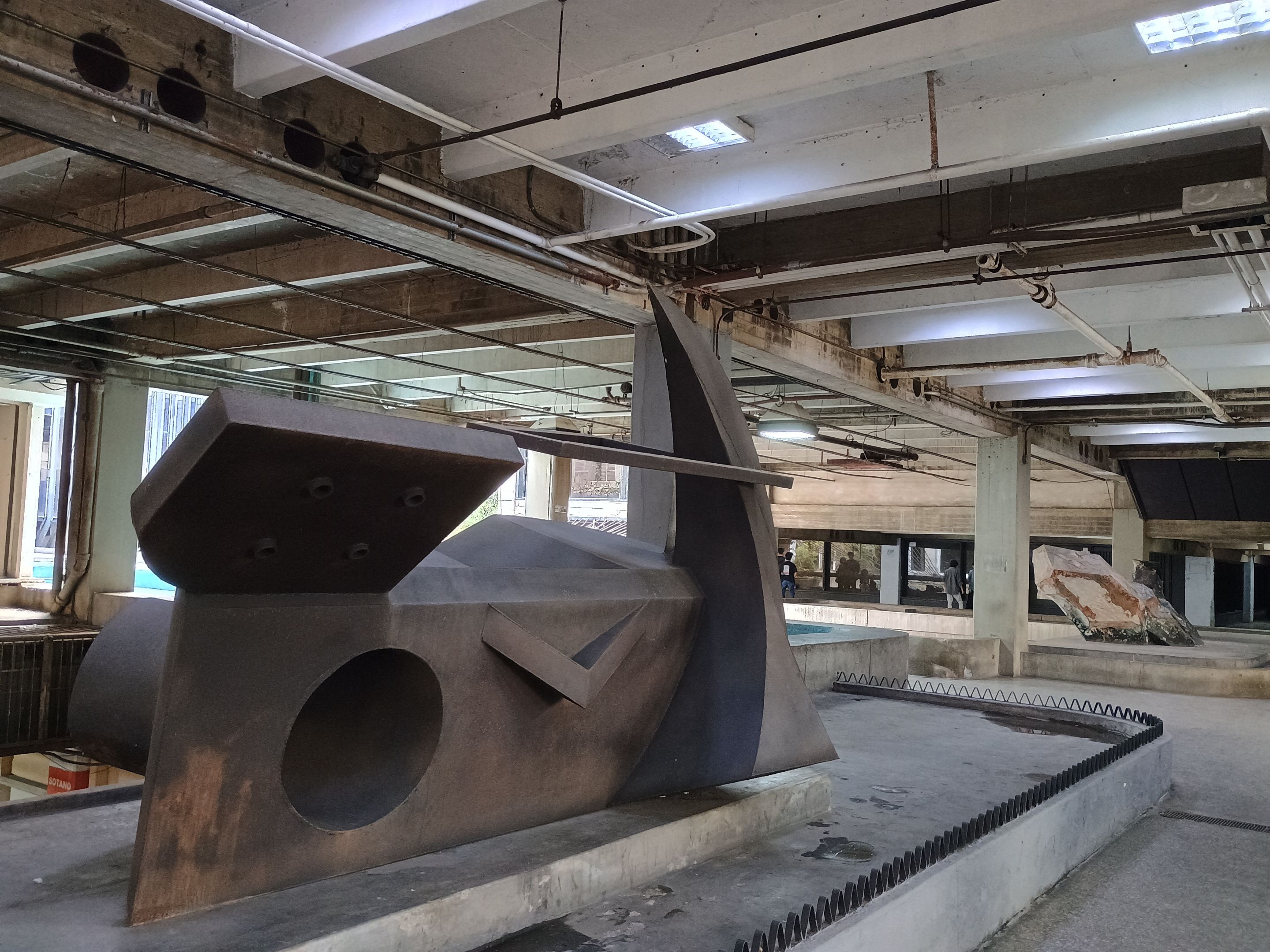
The further we go, the more claustrophobic it becomes.
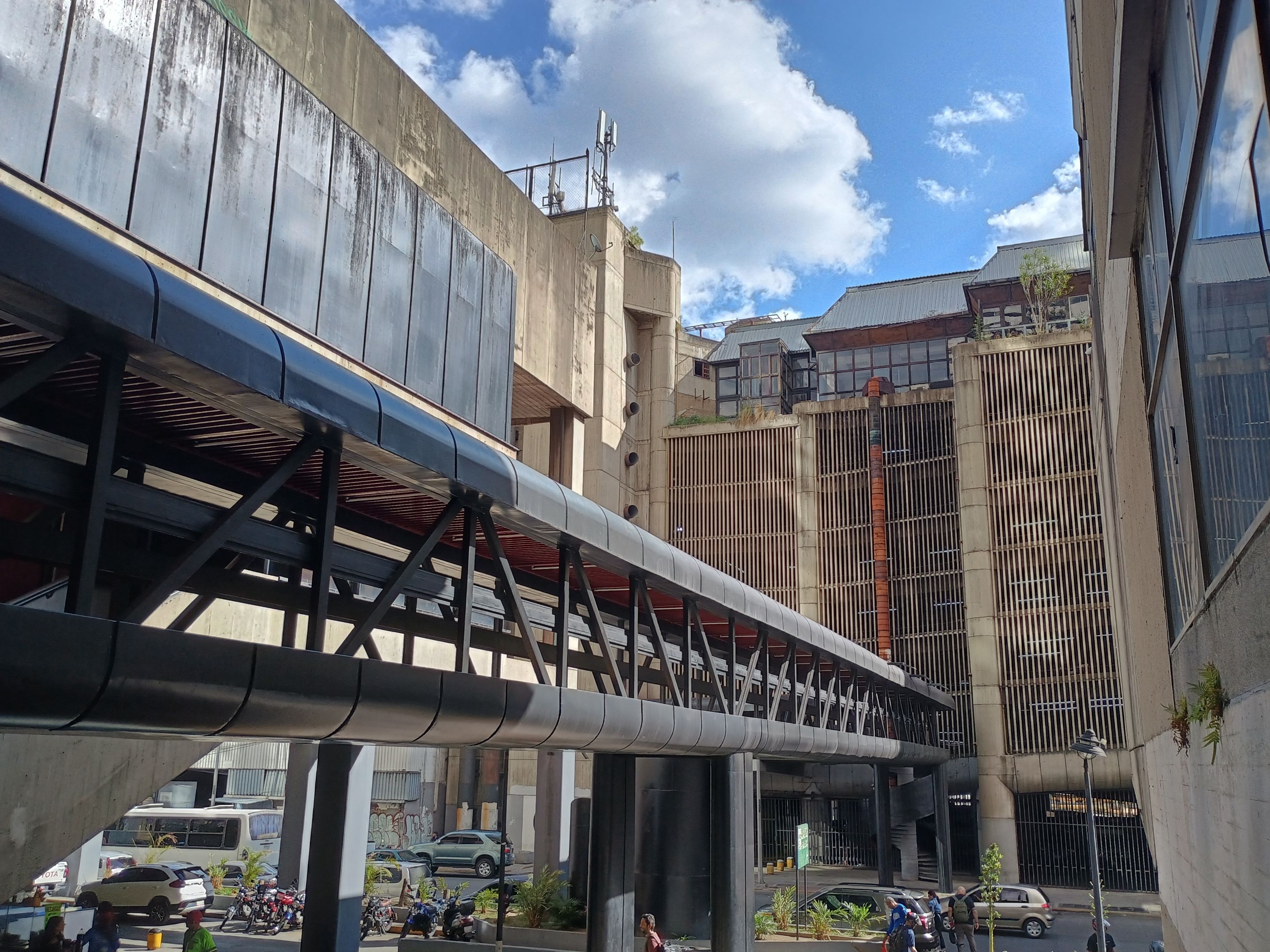
Narrow bridges that lead nowhere
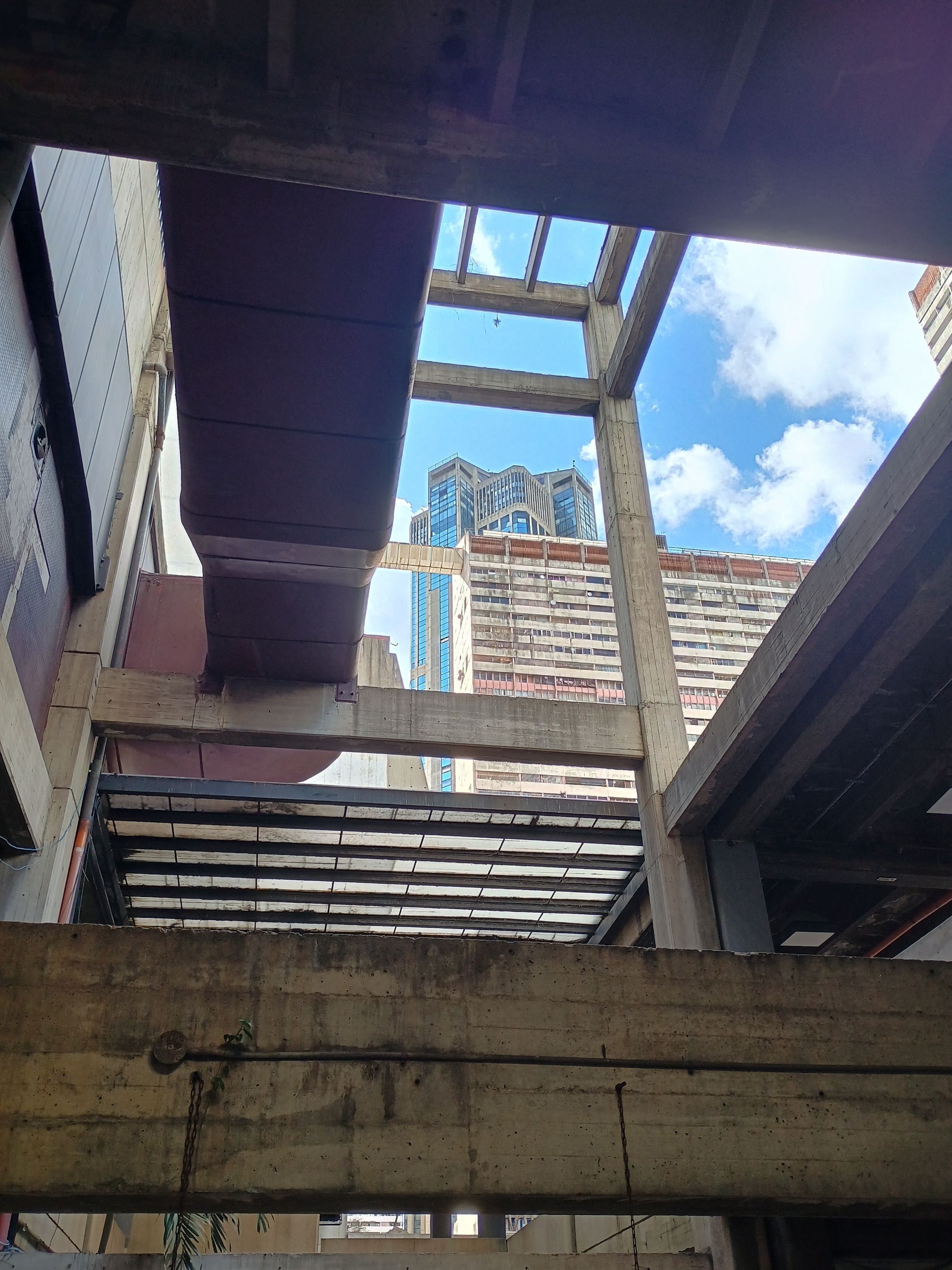
Occasionally illuminated by human warmth.
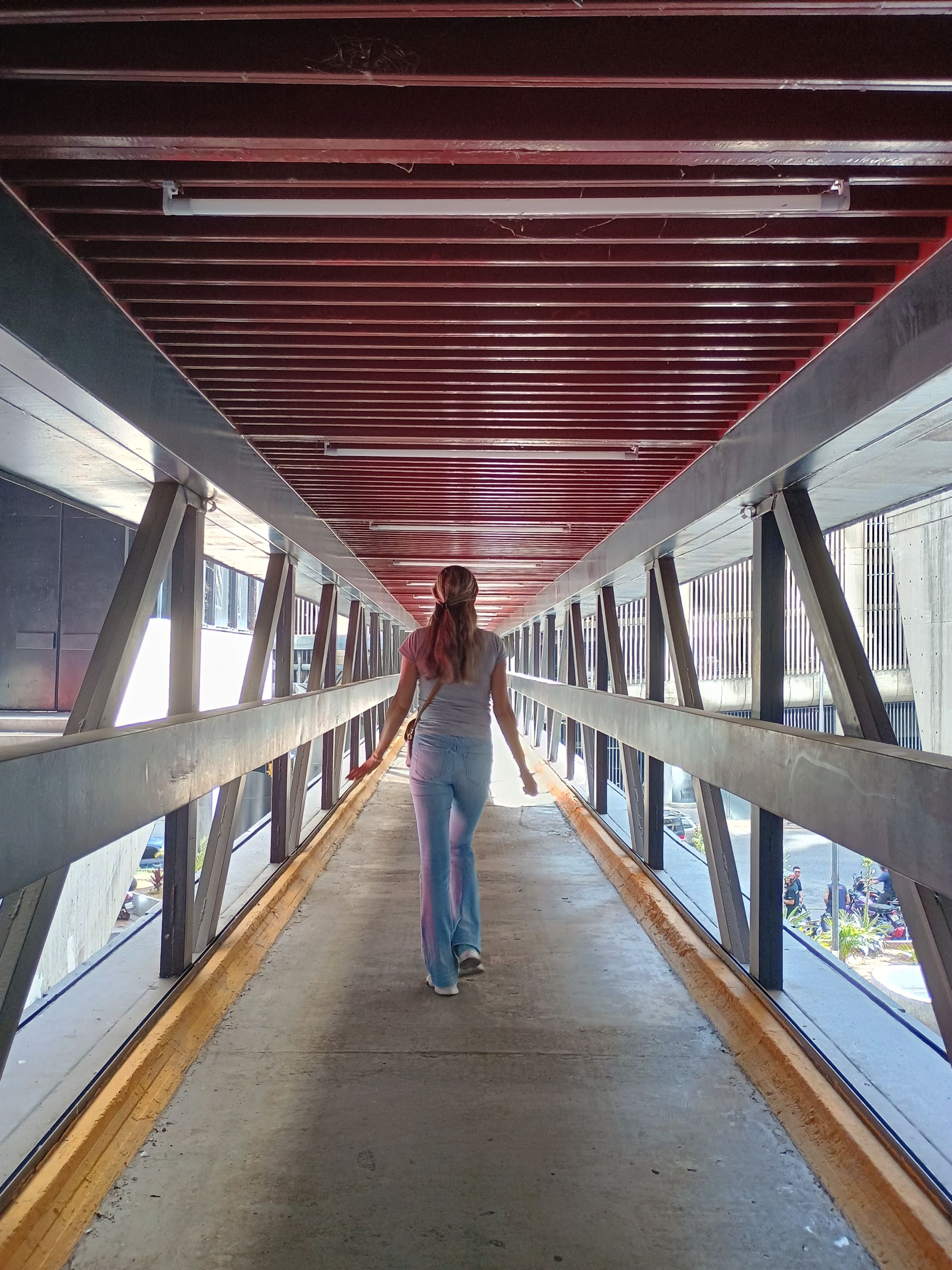
But condemned to oblivion. Not Even the solid bars of concrete can escape this incarceration.
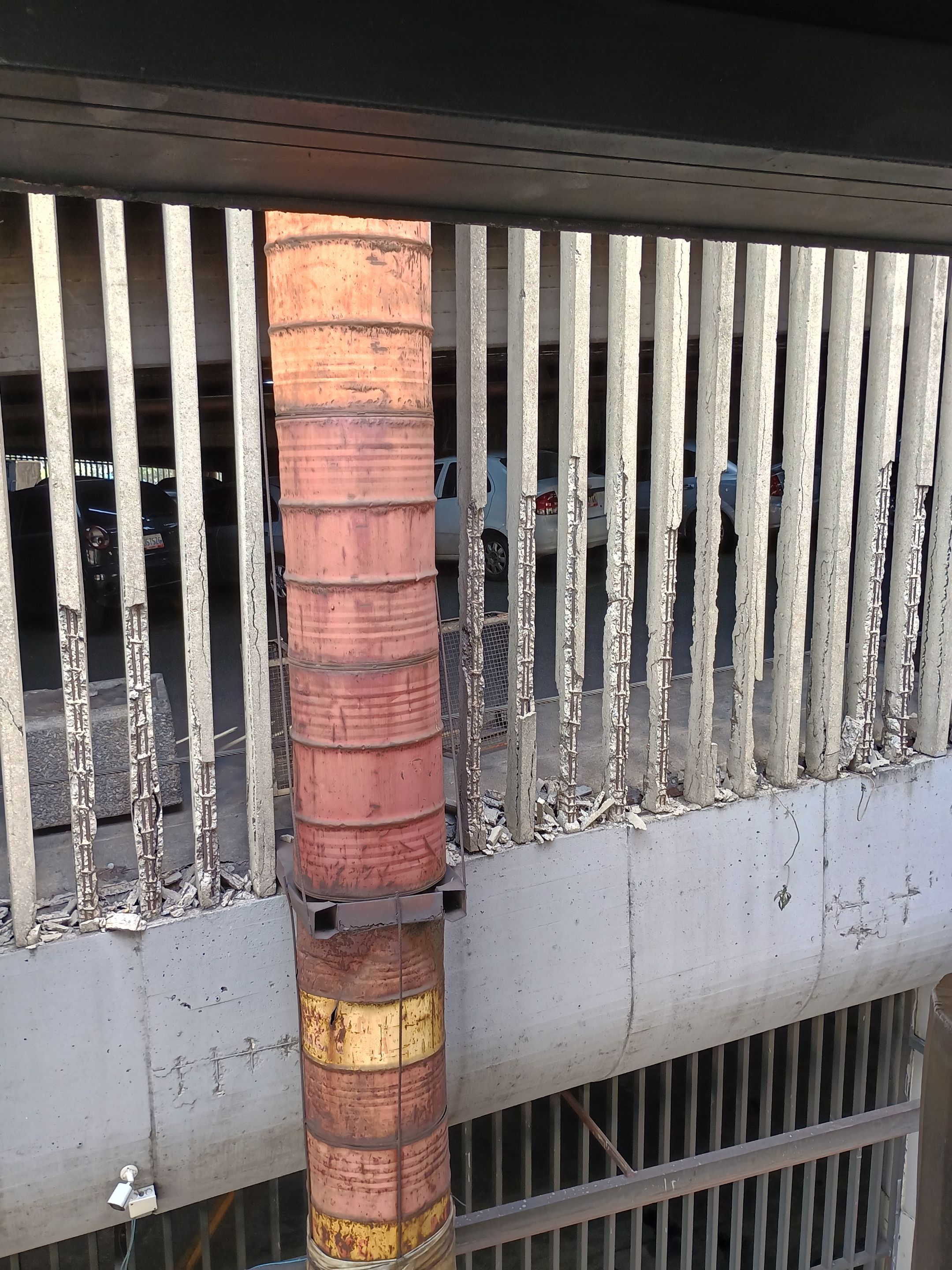
We are all prisoners of a freedom facade; a sort of resignation that pretty much resembles a death sentence. However, stating what is not at plain sight makes us sound like lunatics. That explains why the USA will deport hundreds of thousands of Venezuelans. After all, from a distance, everything looks so pretty down here.
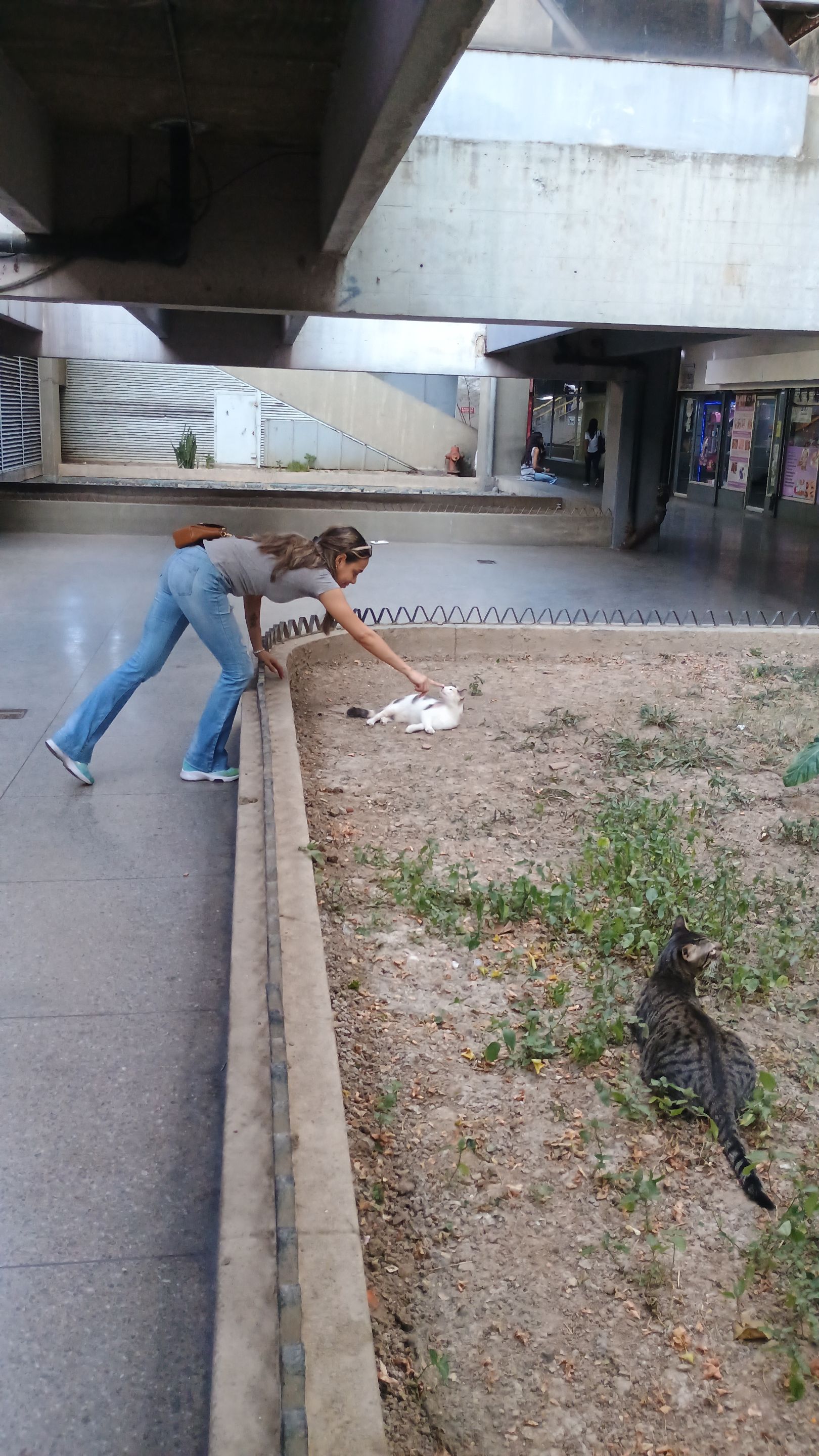
Thanks for stopping by
